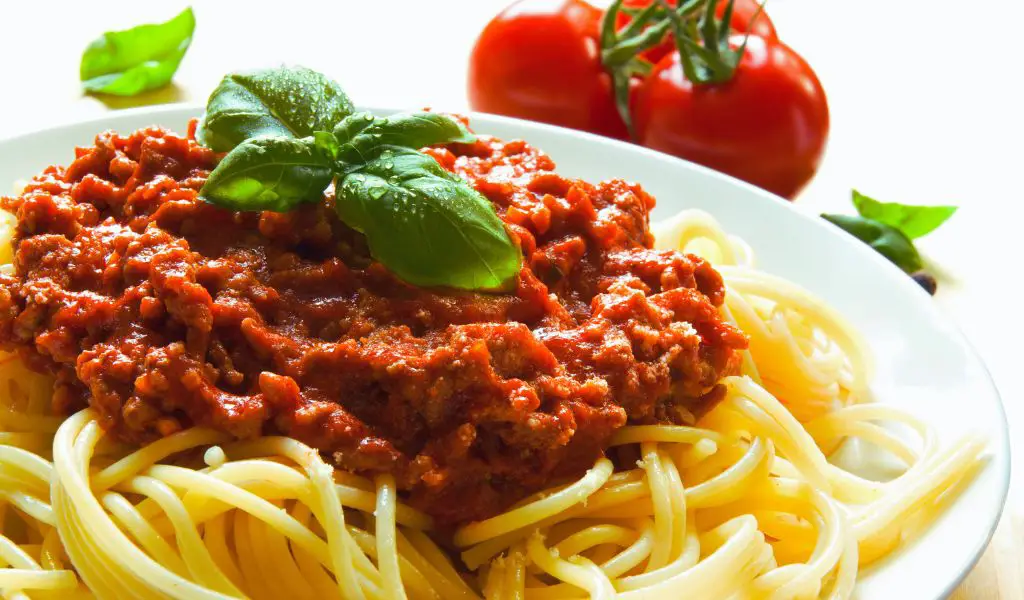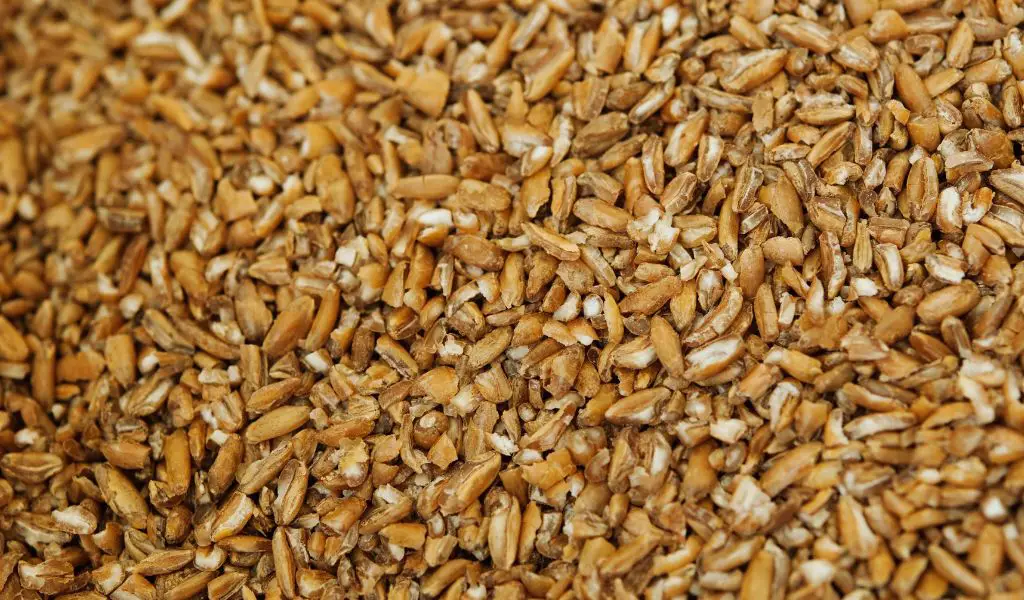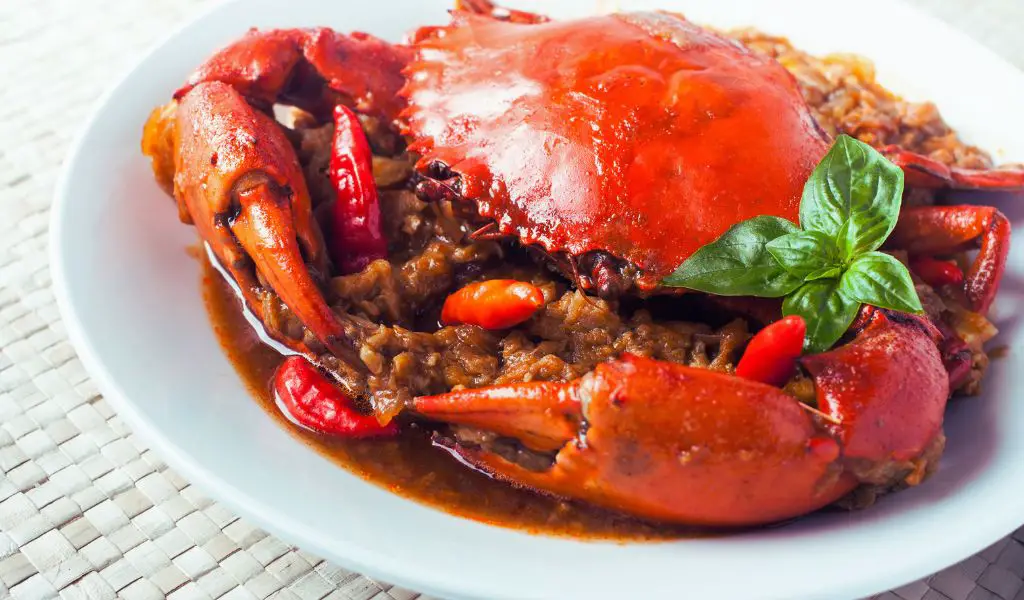Yes, dogs can eat bolognese, but with caution. Bolognese sauce typically contains ingredients that may not be suitable for all dogs, such as onions, garlic, and certain seasonings. These ingredients can be harmful to dogs in large amounts or when consumed regularly. It’s important to keep in mind that dogs have different nutritional needs and sensitivities than humans, so while small amounts of bolognese sauce may not be harmful, it’s best to avoid feeding it to your dog regularly.
Dos
- Offer plain, cooked ground meat (such as beef or turkey) as an alternative to bolognese sauce.
- Consult with your veterinarian before introducing any new foods to your dog’s diet.
- Ensure the bolognese sauce doesn’t contain toxic ingredients like onions, garlic, or excessive amounts of salt.
Don’ts
- Feed bolognese sauce that contains onions, garlic, or other harmful seasonings to your dog.
- Allow your dog to consume large quantities of bolognese sauce, as it can lead to digestive upset or other health issues.
- Rely solely on bolognese sauce as a regular part of your dog’s diet, as it lacks essential nutrients for their overall well-being.
Can dogs have a small taste of bolognese sauce?
Yes, a small taste of bolognese sauce is generally safe, as long as it doesn’t contain any toxic ingredients and is not a regular occurrence.
What are the potential risks of feeding bolognese sauce to dogs?
Bolognese sauce may contain onions, garlic, or other seasonings that can be toxic to dogs. Additionally, the high salt content and fat content may lead to digestive upset or other health problems in dogs.
Can I substitute ingredients in bolognese sauce to make it safe for my dog?
Yes, you can prepare a dog-friendly version of bolognese sauce by using plain, cooked ground meat (without seasoning), and avoiding any harmful ingredients like onions and garlic.
Conclusion and final thoughts 💭
While dogs can have a small taste of bolognese sauce occasionally, it’s best to exercise caution due to potential harmful ingredients and the sauce’s high salt and fat content.
Always prioritize your dog’s health and consult with your veterinarian for guidance on suitable and safe dietary choices for your furry companion.
Remember, a well-balanced and tailored diet is crucial for your dog’s overall well-being.




